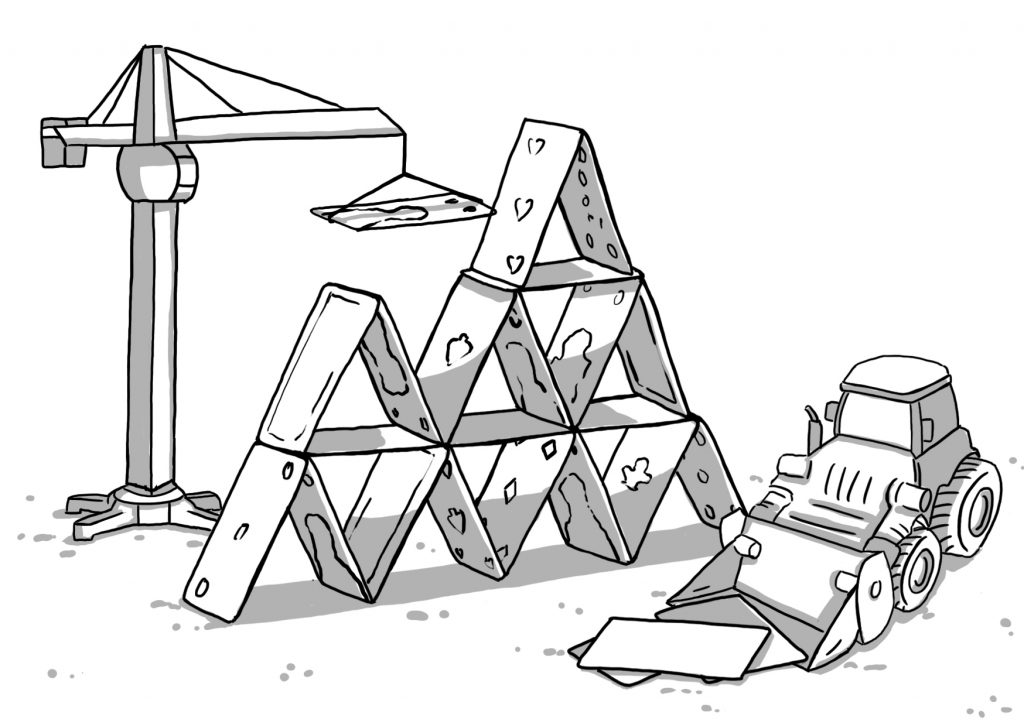Following high-profile attacks in Cologne and Berlin by Tunisian nationals, right-wing parties were quick to point the finger at ‘Nordafrikaner’, a term that ignores the diversity of the north African region and lends itself towards divisive racial profiling. To avoid fostering societal exclusion and pushing minority groups towards radicalisation, the German media can play an important role in restricting discriminatory rhetoric.
In the German news headlines of December 2016, Tunisia was depicted as the country of origin of Anis Amri, who carried out the attack on a Berlin Christmas market. Noticing that some European and international press were starting to emphasise Tunisia as a source of international terrorism, I felt compelled to speak out – not only because I’m a Tunisian living in Berlin, but also because I know how it feels to be both afraid and vengeful towards those who are prepared to end the lives of innocent people whose only fault was their willingness to enjoy life and celebrate Christmas. I also felt that the particular qualities of the public debate might exacerbate the problems in the long run.
In the aftermath of the attack, far right parties across Europe pointed the finger at immigrants. Major political parties, on the other hand, strongly condemned the use of the term “NAFRI” (“Nordafrikaner”) by the Cologne police as an exercise in racial profiling. Some members of the general public felt that the police were just doing their job to protect women from another incident of mass assault and harassment.
It is a legitimate point of view, but first, let’s acknowledge the fact that there is no NAFRI, per se. There are Moroccans, Algerians, Tunisians, Libyans and Egyptians. Targeting suspects on the basis of their skin colour belies the fact that many people from north African countries are pale-skinned. The use of NAFRI to identify the Maghrebi community bears a resemblance to the racist way that words such “negro” were once commonly used to identify black people.
Unless technology is developed to enable the identification of suspects – like the future-predicting robots in the science fiction movie “Minority Report” – the approach of the German police will remain inefficient and risk deepening the feelings of exclusion within these communities. This creates ideal conditions for recruitment into terrorist groups like ISIS. One of ISIS’s motives is to distort societal discourses on immigration in order to create a more compelling argument for young people from immigrant backgrounds to join.
When we look at two different incidents (the Berlin attack and the incident in Cologne on New Year’s Eve), which were driven by completely different motives, some might say Tunisians were the common denominator. I have personally been asked how the country can produce both citizens capable of committing atrocities and those citizens committed to building a democracy.
I spent the last four years working across the Arab world for an international development organisation, supporting the efforts of civil society to inject new dynamics into its relationship with the state. In every case, local youth were framed as the main catalyst for change. One of the last projects I worked on was designed to build the resilience of young people who are at risk of radicalisation. I gained an understanding of the realities for youth in the Middle East generally and in Tunisia in particular. Based on this recent experience, my aim is to provide some perspective on the role that the German state and society can play in the resistance against radicalisation.
As far as solutions are concerned, collaboration in security and counter-terrorism remains a high priority, but on its own is insufficient to prevent the societal exclusion of groups vulnerable to radicalisation. To avoid this scenario, the media can play an important role to restrict the space for discriminatory narratives and avoid the attribution of responsibility to a specific group or minority.
We need to acknowledge that for such terrorist groups, an attack is successful if it creates an environment in which the fear of the other brings about a social divide and the alienation of the excluded minorities. Those minorities will experience an identity crisis, as they feel that they are neither part of German society, nor their native societies. This constitutes the ideal scenario for the long-term sustainability of extremist recruitment processes.
In Germany, federal elections are approaching – and along with them, discussion on different approaches to how the media and civil society can spearhead this new challenge. Germany is now at a crucial moment in its history: will it prove to the world that it is committed to building a strong, inclusive society that cares for the interests of its younger generations, or will it take a step backwards, adopting the approach of neighbours such as France, and provide space for the rise of the far right movements and extremist groups?
Sadem Jebali is a first-year Master of Public Policy student at the Hertie School of Governance. After working as an activist in several Tunisian NGOs, Sadem was the head of Civil Society and Arts Programmes for the British Council in the Middle East and North Africa. His interests lie in the countering of violent extremism in Tunisian neighbourhoods where young people are most at risk of radicalisation.

